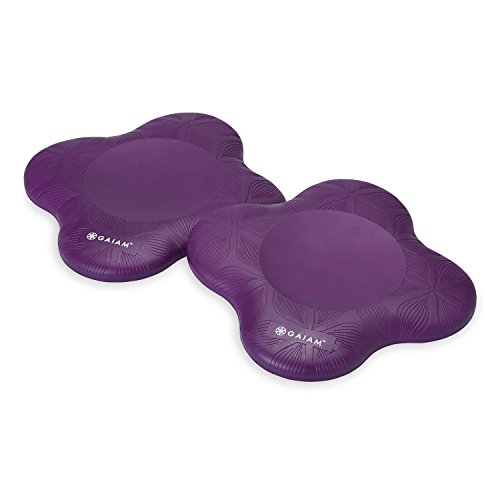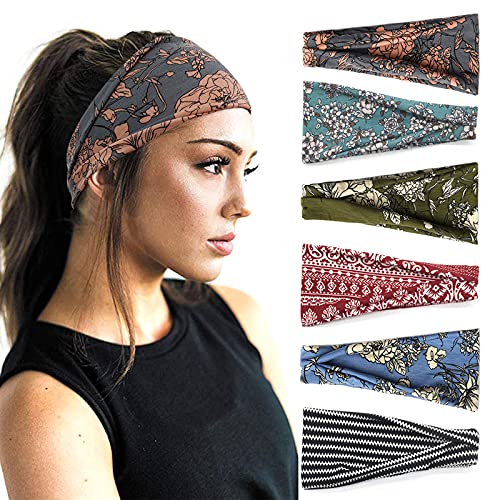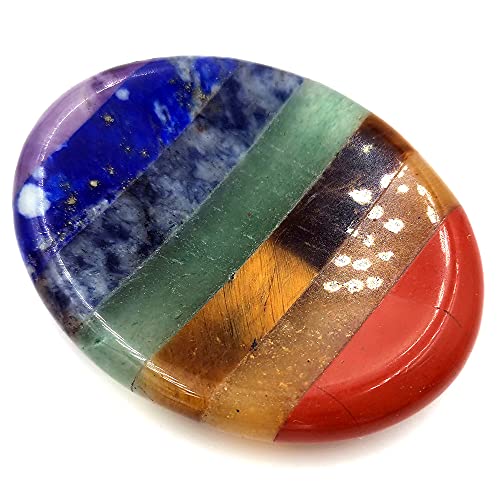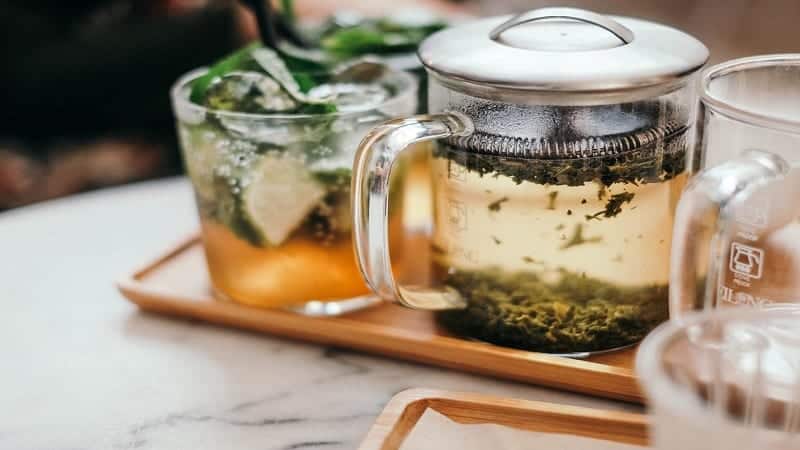With age, most people notice the appearance of a natural and progressive hearing loss, known as presbycusis. This is inevitable, but several factors can accelerate it: oxidative stress and the impact of free radicals, degeneration of the peripheral and central auditory spheres or even insufficient blood supply to the cochlea. From this perspective, it is important to adopt a healthy and varied diet to limit these risk factors and preserve your hearing capacities as long as possible, in addition to the usual recommendations such as the practice of regular physical activity. This article will talk about some superfoods for hearing that you must integrate into your diet.
Superfoods are nutrient-dense foods that you can easily add to your meals to improve your nutritional balance. However, before we talk about the superfoods for hearing, it is important to remember that EATING WELL DOES NOT ALLOW YOU TO REGAIN YOUR HEARING ABILITIES BUT TO PRESERVE THEM. The tips discussed below do not make it possible to regain the hearing of a normal-hearing person or even better hearing, but rather to preserve their hearing as long as possible.
Is Hearing Loss Inevitable?
Hearing loss progression is common in older age. The majority of elderly people suffer from it at a certain age. So, is it inevitable? The answer is yes. However, recent evidence shows that the aging of hearing can be delayed, and hearing sensitivity can be limited in several ways. One such way is a healthy diet rich in nutrients is an ally of your hearing.
Hearing loss occurs with oxidative stress, aging of peripheral and central auditory mechanisms and insufficient blood supply to the cochlea. These risk factors are responsible for the onset of hearing disorders. However, diets rich in vitamins, minerals and omega 3 fatty acids seem to significantly delay the onset and progression of hearing loss, eliminating the risks mentioned above.
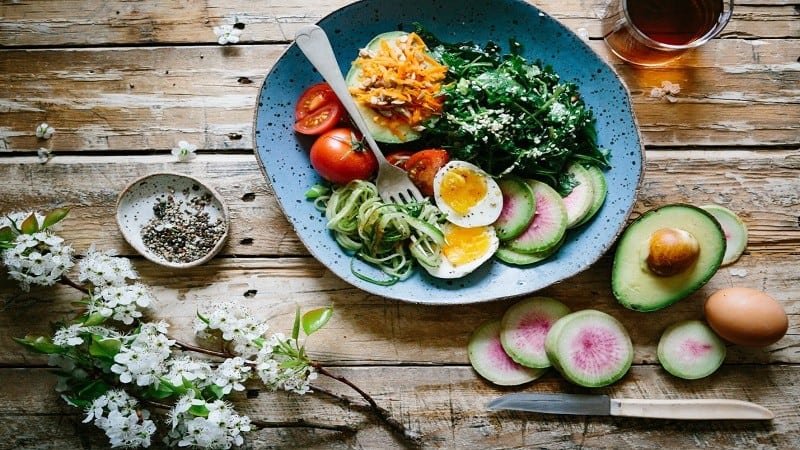
Other practices preventing hearing loss onset include limiting listening to music with headphones, putting on plugs or moving away from the speakers, taking sound breaks, etc. The rule is simple: protect your ears from too much high-volume sounds.
Let’s discuss some scientific evidence that supports the use of a nutrient-rich diet for hearing!
Link Between Diet and Hearing Loss in the Light of Evidence
Evidence shows the link between nutrition and hearing loss. Many experimental studies show a close link between the unavailability of nutrients and the onset of hearing loss. Lifestyle and food hygiene protect against age-related hearing loss and deterioration of the inner ear. A recent meta-analysis (2019) concludes that nutritional therapy can protect the progression of age-related hearing loss.
Another cross-sectional study (2019) showed that if middle–older-aged adults adhere to a Mediterranean-style diet, it can prevent the progression of hearing loss in old age. The study supports the link between diet quality and hearing loss. For this reason, many recent studies stress the importance of intake of nutrients to prevent age-related hearing loss.
Now, let’s discuss some of the superfoods that are good for your hearing and you must integrate them into your daily intake to prevent the onset and progression of hearing loss!
Superfoods for Hearing
1. Seasonal Vegetables an Ally to Your Hearing
Particularly appreciated in soup, pumpkin is a concentrate of vitamin A. It provides 200% of the recommended daily allowance and helps strengthen the immune system. It thus prevents hearing infections. Although infections heal on their own, they are painful and can cause hearing loss.
Squash is rich in vitamin C, which makes it a super antioxidant. Consuming squash is also a source of vitamin B9, or folate, particularly effective in cell metabolism. A 2015 research studied the link between folate deficiency and hearing loss and found that folic acid deficiency causes oxidative stress and homocysteine metabolism that induces premature hearing loss. A good way to fulfill your body’s recommended folate requirements, you can consume folate supplements, such as Doctor’s Best Fully Active Folate with Non-GMO Quatrefolic Veggie Caps, Vegan Gluten Free, 400mcg, 90 Count (ASIN# B005CD33GI), Solgar folic acid 1000 mcg (ASIN# B00I5MTK5G), Life Extension BioActive Folate & Vitamin B12 (ASIN# B019YGJLNM), etc.
Apple, even better if it is organic, is a beneficial source of nutrients. It is rich in vitamin C but low in sodium, fat or cholesterol, preventing cardiovascular, asthma and cancer risks. It also contains vitamins A and C and a good dose of potassium. Thus, it fulfills a good nutrient requirement of our body and prevents the progression of hearing loss.
Talking about superfoods, we cannot forget about spinach, cabbage and arugula. These vegetables, especially spinach, are rich in Zinc, vitamins and antioxidants that boost the immune system. Zinc is a hearing ally, excellent for immunity and prevents hearing problems such as tinnitus. Zinc is also present in large quantities in poultry, seafood such as oysters, clams, and sesame.
Cabbage, which is very rich in omega 3, would decrease the risk of hearing loss, according to a study published in the United States in 2014. Finally, arugula can also benefit our hearing since it is rich in vitamins, antioxidants and minerals.
Finally, all fruits and vegetables rich in vitamins A, C, D or E also protect hearing. They stabilize oxygen in the ear to maintain good hearing capacity. So give pride of place to lentils, dried fruits, peppers, tomatoes, carrots, mangoes, and citrus fruits.
2. Diet Rich in Omega 3 Benefits Hearing
A diet rich in Omega 3 provides saturated fatty acids; if consumed in sufficient quantity, this acts directly on the functioning of the nervous system and the formation of cells and thus strengthens your hearing apparatus. Foods such as fish, eggs, green vegetables and seeds such as flax, hemp, chia or pumpkin seeds are rich in Omega 3.
Some fish have omega-3 fatty acids, also referred to as ‘essentials’ that contribute to the proper functioning of the brain, inflammatory or hormonal system. These fatty acids help fulfill the body’s needs. Fish such as salmon, mackerel, herring, tuna, etc., are all good Omega 3 fatty acids sources.
An excellent way to fulfill the Omega 3 recommended dose is the intake of supplements. There are several dietary supplements rich in Omega 3, which you can integrate into your daily intake in consultation with your doctor, such as Nature’s Bounty Fish Oil (ASIN# B000NPYY04), BioScience Nutrition, 0.08 oz Omega 3 Fish Oil (ASIN# B01GV4O37E), Nature Made Fish Oil Softgels 1000mg, 250 Count, Fish Oil Omega 3 Supplement for Heart Health (ASIN# B0046XC528), etc.
3. Magnesium Rich Foods
Magnesium also has its virtues. Being an essential mineral for the body’s functioning, it directly influences the bones and muscles. It is essential to integrate these nutrients into your diet from your early 30s to avoid hearing loss and other issues occurring at an older age. The recommended nutritional intake of magnesium per day is 420 mg for men and 320 mg for women. It is mainly found in beans, nuts, whole grains, green vegetables, bananas, soybeans, seaweed, seafood and artichokes. Magnesium intake also prevents the production of free radicals in the inner ear that promote the appearance of hearing problems later in one’s life. It also helps protect the bones of the inner ear. You can even fall for a square of dark chocolate rich in magnesium.
Potassium is a mineral that plays an essential role in regulating the amount of fluid in your body, especially in the inner ear. Good sources of potassium are bananas, dried fruits, lentils, potatoes and avocados, among others.
You can also consume dietary supplements. Some of the best magnesium superfoods are Nature Bounty’s Magnesium 500mg Magnesium for Bone and Muscle Health, 400 Tablets (ASIN# B08C65K2WC), Nature Made Extra Strength Magnesium Oxide 400mg (ASIN# B07CDWT8WM) and Doctor’s Best High Absorption Magnesium Glycine Disinate, 100% Chelated, Non-GMO, Vegan, Gluten Free, Soy Free, 100mg, 240 Tablets (ASIN# B000BD0RT0).
4. Foods Rich in vitamins A, C and E
These vitamins are mainly found in oils (olive, sunflower, walnut, peanut), whole grains, dried fruits, butter, egg yolk, almonds, fruits (kiwis, strawberries, cranberries, citrus fruits) and vegetables (spinach, watercress, cabbage). These, by their properties, act on the blood, cell renewal and immune behavior and are beneficial for the ears and preserve hearing. The consumption of red grapes, composed of resveratrol considerably reduces COX-2 at the origin of hearing loss.
Eating green vegetables or fruits rich in vitamin C increase your immune system and help reduce infections in the ear. Good sources of vitamin C are broccoli, peppers, cauliflower, collard greens, Brussels sprouts, pineapple, strawberries and citrus.
Vitamin A, C, E and magnesium, provide additional protection (anti-oxidant properties) against noise-induced hearing loss. They prevent the production of free radicals (highly reactive substances) that occur during noise exposure. Some of the best superfoods you can find include Multivitamins for adults, 200 units, from Centrum (ASIN# B003G4BP5G), Whole Food Multivitamin Plus Multivitamin Capsules for Men and Women with Vitamins A, B, C, D, K, Probiotics and Enzymes (ASIN# B06XS85G49) and Nature’s Way Alive! Once Daily 50+ (ASIN# B003UEJAQ8).
5. Foods Rich in Vitamin D
Vitamin D promotes calcium absorption as an essential nutrient for strong bones. Vitamin D deficiency in adults can cause osteopenia, which causes the hardening and porosity of the ear bones. It is advisable to eat fish (especially salmon, trout and sardines) twice a week. Other sources of vitamin D are cod liver oil, fish oil, salmon, mackerel, tuna, trout, sardines, liver, etc. Tofu, eggs and milk are also great sources of vitamin D.
Some good vitamin D superfoods are Nature Made Vitamin D3 Tablets 2000 IU (ASIN# B008GC9T1K), Naturewise Vitamin D3 Supplement 5000 IU in Olive Oil (ASIN# B00GB85JR4) and Nature’s Bounty Vitamin D3 for immune support (ASIN# B00DYSUQEA).
6. Vitamin B12
It improves hearing by regulating the formation of red blood cells, which contribute to the metabolism of homocysteine and prevent tinnitus. Good sources of vitamin B12 are dairy products, eggs, lean beef and seafood. Some good dietary supplements are Nature’s Bounty Vitamin B12 (ASIN# B00DYSUQR2) and Nature-Made, vitamina B12, 1000 mcg (ASIN# B00DS5BGDY).
It is important to mention that no superfood or supplement can replace a varied diet rich in legumes, seafood, and fresh seasonal fruits and vegetables. To be in shape all year round and keep your hearing health at its best, keep in mind the four pillars of a good diet: eating quality, varied, seasonal and minimally processed foods!
Expected Results of Nutrient Rich Diet for the Preservation of Hearing
By adopting a healthy and varied diet, you will be able to act on:
- Regulation of blood circulation, especially in the cochlea
- The limitation of the oxidation of hair cells
- Limit the inflammatory effects of certain foods that can promote the onset of hearing problems
Thus, having a good diet is necessary to have a healthy body and good ears! From now on, oily fish, seeds, fruits and vegetables are the stars of your meals, rich in many nutrients that will protect your hearing day after day.
Foods that can Harm Your Hearing Health
Some foods can negatively impact hearing health and promote the onset of hearing issues at an early age. These foods include:
- Sugary foods, carbohydrates, and foods rich in fats
- The caffeine that promotes a ringing appearance in the ear
- Quinine can also be a reason for hearing loss over time
Our Final Thoughts!
In conclusion, by improving the quality and diversity of your diet, you are taking action for your health and hearing. A healthy diet that contains fruits and vegetables, which are particularly enriched in Omega 3, trace elements, and good fats, will positively impact your hearing and your health in general. Do not hesitate to integrate these superfoods for hearing into your diet. Stay tuned to your diet and your body to keep hearing loss at bay!











